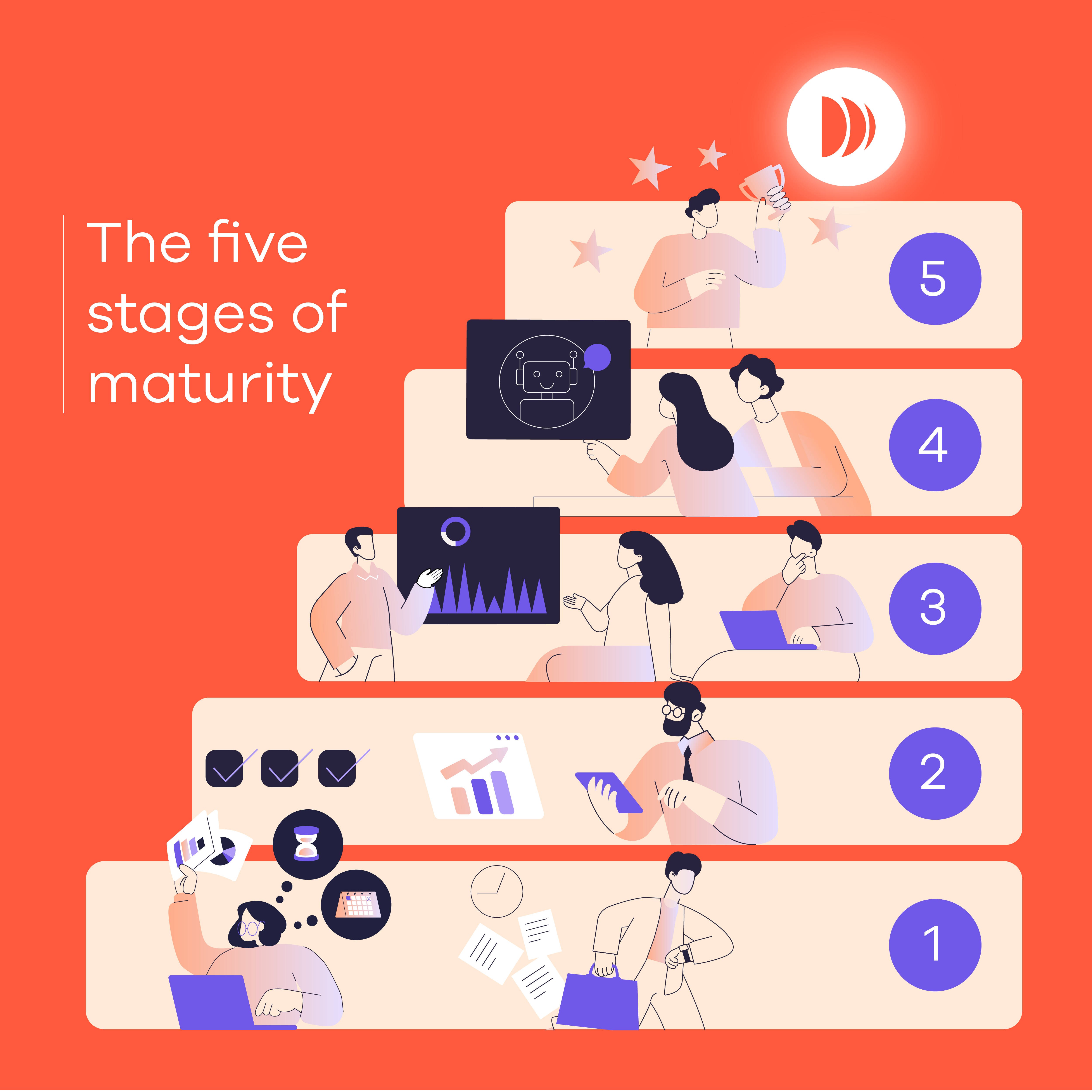Request a Dayshape demo
Get in touch and learn first-hand how Dayshape can help boost profitability, improve client service, and keep your teams happy.
Platform
Strategic resource management
Optimize margins. Grow revenue.
Plan reliably. Act confidently.
Inspire teams. Delight clients.
Enterprise scalability
Use Cases
How Dayshape helps firms
10 ways for resource managers to elevate their impact

Elevate your role, expand your influence, and drive impact across your firm.
Listen nowCustomer Success
Value at every stage
Company
More about Dayshape
Resources
Learn more
Resources
Featured resources
Resource Management Maturity

The complete blueprint to transform your resource management.
Learn moreTrust in audit quality is at rock bottom. In fact, the profession hasn’t suffered this kind of ignominy since Enron collapsed twenty years ago.
Back in 2001, the energy firm became a byword for corporate fraud, when a series of off-the-book accounting practices and all manner of shenanigans (including fake trading rooms!) triggered a spectacular meltdown.
Several award-winning books and movies later about Enron and now-defunct auditor Arthur Anderson, the overriding legacy of the scandal was the regulation brought in to guard against a repeat of the fraud.
“This cannot happen again!”, the US government boomed as it laid out tough new laws (the Sarbanes-Oxley Act of 2002) that would increase accountability and add some transparency to corporate disclosure processes.
Well, the problem is, it did happen again. Over and over.

From Carillon to BHS, Ted Baker, Thomas Cook, Patisserie Valerie, to the largest case of corporate fraud in postwar Europe, Wirecard. There’s a common thread running through all of them: audit failure. And the collective result is a serious loss of public confidence in audit.
So, how did we end up in this mess?
In almost every article written about these audit failures, blame tends to get laid on “conflicts of interest”, and a lack of competition at the top end of the business. Only four firms (yes, those four) audit the entire FTSE 100.
However, the winds of change are a-blowin’. A trial expected to kick off later this spring in the US should grab the industry’s attention as this rather delicate matter sits right at the heart of the argument.
Mauro Botta, a former PwC partner in California, alleged that conflicts of interest are rife between auditors and clients. PwC maintains its innocence and says Botta has an axe to grind. “It’s absurd to have auditors being paid by the companies they are supposed to audit and who are also in charge of appointing them,” Botta claims.
The Sarbanes-Oxley Act is also on trial here, as the case may prove the first proper test of the regulation. It may even result in a rewrite of whistleblowing provisions, and a re-think of the responsibilities of an auditor who uncovers suspected fraud.

Meanwhile, across the pond, change is afoot. After several years, three independent reviews, a procession of political hot air, and the loss of tens of thousands of jobs and millions in taxpayer cash, finally a plan to “build a new audit profession” has been unveiled by the UK government.
What’s the answer? According to the proposals, tough new laws that would increase accountability and add some transparency to corporate disclosure processes.
The gist of the 232-page document is that audit can be fixed by increasing competition by bringing challenger firms into play, separating audit and accounting functions, putting senior management on the rack when things go wrong, and throwing a new regulator into the mix.
The immediate reaction from the industry, including those who in theory are best placed to benefit, has been mixed. Where’s the detail? The timeframes? Where’s the imagination?

In December, the soon-to-be-no-more Financial Reporting Council (FRC) quietly published its own findings on the use of technology as a way to improve the quality of auditing and make it more robust.
“A clear theme arising [is] the belief that the increasing use of technology, including advanced tools such as AI, could enhance quality over and above efficiency gains.“
The FRC added that training the next generation of auditors to get the best out of new technology would be vitally important.
Of course, all of this isn’t all that new. The World Economic Forum came to the same conclusion in regard to restoring trust in public services. And long before that, AI-driven compliance solutions were used to help the banking sector eliminate the long-standing cultural issues that bubbled up around the 2008 crisis.
But regulators are also keen to point out there are potential risks. Going too far and eliminating the human element brings its own problems. A recent IAASB paper addresses this directly, reminding auditors of their responsibility to retain professional scepticism above all else when using AI.
“Remaining alert for bias and maintaining professional scepticism when performing the audit, including critically assessing audit evidence, will help the auditor address the risk of bias when looking at information produced by the entity’s automated system.”
AI cannot replace professional judgement, but hey! Nobody is asking it to! The opportunities of AI lie in crunching much larger amounts of data and generating insights that can help human experts make better and more informed decisions.
The mix of human and machine is working pretty well in areas such as medicine, where scientists are using AI to predict where the next coronavirus could come from.
It stands to reason this same partnership would be more effective in stopping the next Wirecard or Enron than simply heaping more pressure on overworked human auditors. We need to restore trust in audit, and AI is already here to help.
Get the latest insights and updates delivered to your inbox.
Explore our latest insights and strategies for success.

9 min read

10 min read

12 min read
Discover how AI can transform your resource management and enhance your project delivery.

Get in touch and learn first-hand how Dayshape can help boost profitability, improve client service, and keep your teams happy.
